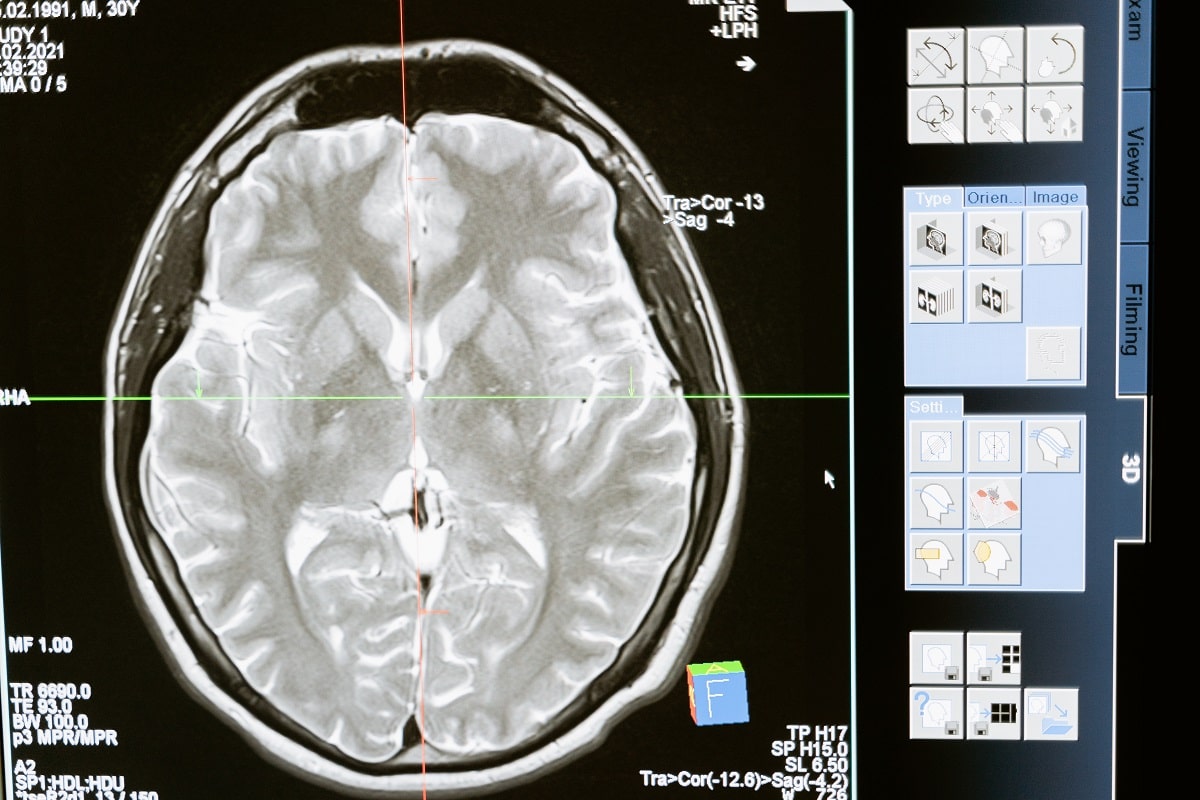![]()
Brain tumors happen when abnormal cells form on the brain. This happens in most cases without a reason, but it can sometimes be hereditary. Breakdown of different types of brain tumors and how they are treated.
Introduction
The only type of brain tumor that is curable is the meningioma. This is a tumor that starts in the lining of the brain. However, neurosurgery will not help with this type of tumor. In order to have a successful operation, your doctor will have to remove as much of the tumor as possible from the brain. Other types of tumors include those that grow on nerve cells, cause hemorrhages, and connect to networks of nerves or blood vessels. There are also benign tumors which do not need any treatment but can be removed by surgery or radiation therapy if needed.
Types of Brain Tumors
There are many brain tumors and each is unique in its own way. There are three primary types of brain tumors – gliomas, meningiomas, and craniopharyngiomas. Each tumor has its own specific treatment that may vary depending on the type of tumor.
When to see a doctor about your symptoms
Brain tumors are not common, but they can be life changing. There are more than 10 types of brain tumors that may cause symptoms such as headache, sensitivity to light and noise, difficulty speaking, memory loss, personality changes, or vision problems. Depending on the type of tumor and where it is located in the brain, doctors may recommend surgery or radiation.
What should you do if you feel
If you’ve been diagnosed with a brain tumor, the first thing you should do is find out how large it really is and how far it’s spread. This can be done through an MRI scan. You may also want to ask your doctor about other tests that can provide more specific information.
Additional Treatment and Prevention Strategies
Brain tumors are a devastating disease. During the year, there are an estimated 200,000 new cases of this life-threatening condition worldwide. If you or a loved one has been diagnosed with a brain tumor, it is important to recognize the different types and the different treatments available to you. Some types of brain tumors can be treated effectively with surgery and other forms of treatment while others may require radiation therapy and chemotherapy.
A conclusion will be written at the end.
Brain tumors can affect anyone at any age. It is important to know your risk and be able to take preventative measures if you are concerned about developing one. General symptoms of a brain tumor–headaches, seizures, chronic fatigue, and problems with memory or vision–may be caused by different types of brain tumors. Some tumors may only grow in specific areas of the brain. Other tumors may grow quickly, spread rapidly throughout the body, or displace fluid from within the brain or skull.
